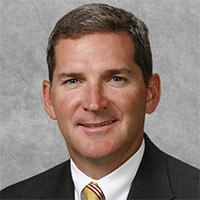Pensacola Misdemeanor Lawyer, Florida
Sponsored Law Firm
-
 x
x

Click For More Info:
-
Sword & Shield, P.A.
1437 Market St Tallahassee, FL 32312» view mapCriminal Defense Law Legal Representation You Can Trust
Our team of attorneys has the experience and creativity that will provide you with an outcome that will not hurt your rights or your future.
800-978-7301
Not enough matches for Pensacola Misdemeanor lawyer.
Below are all Pensacola Criminal lawyers.
Suzanne Noland Whibbs
✓ VERIFIEDSuzanne Whibbs received her undergraduate degree from the Auburn University in 1993. In 1997, she received her J.D. from Cumberland School of Law at S... (more)
John Donovan Whibbs
✓ VERIFIEDIn 2012, Donovan was selected by Florida Super Lawyers as a “Rising Star,” an honor extended to only two and a half percent of Florida lawyers eac... (more)
Gillis E. (Beau) Powell
✓ VERIFIEDBeau was born and raised in Crestview, Florida. In 2006 he graduated from Northwest Florida State College with an Associates Degree in Criminal Justic... (more)
FREE CONSULTATION
CONTACTRoss A. Keene
FREE CONSULTATION
CONTACT Adrian Middleton Tallahassee, FL
Adrian Middleton Tallahassee, FL Practice AreasExpertise
Practice AreasExpertise



